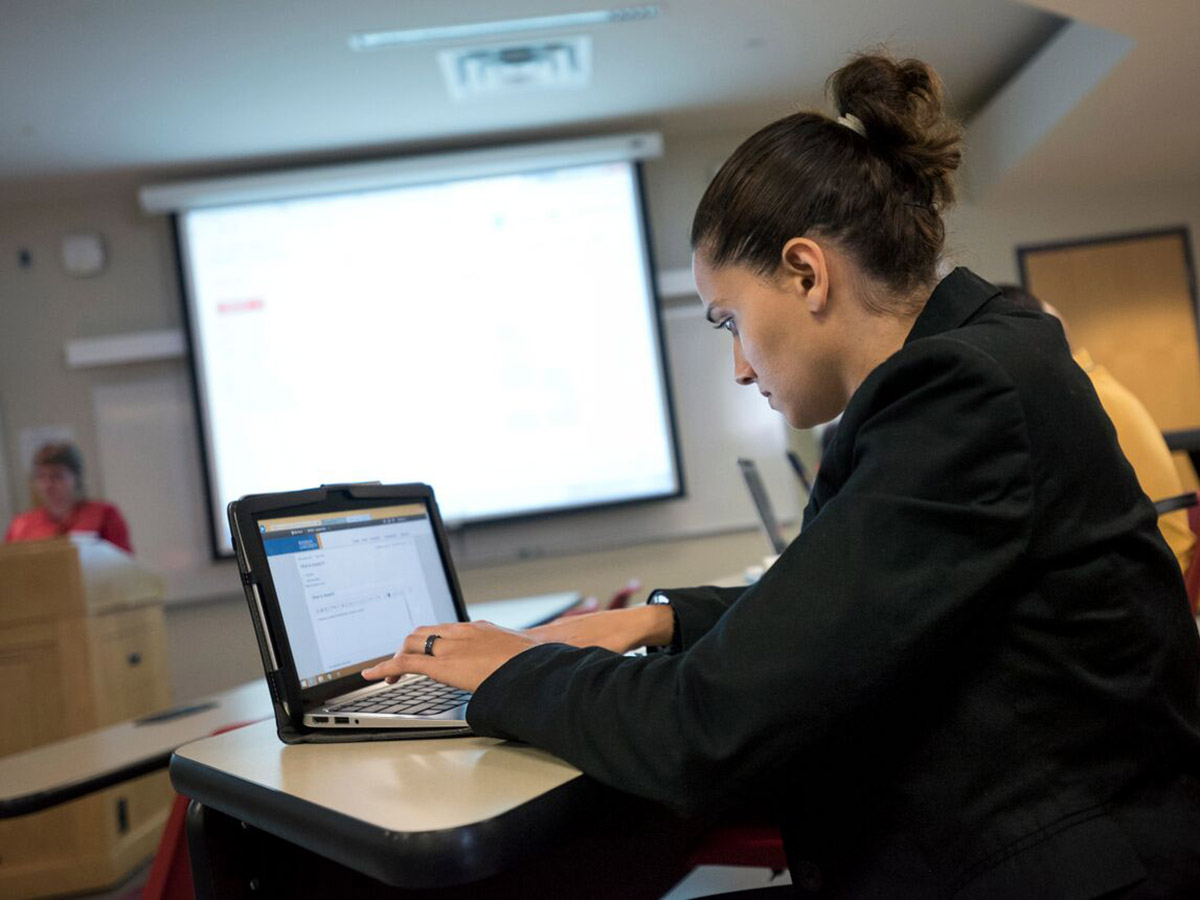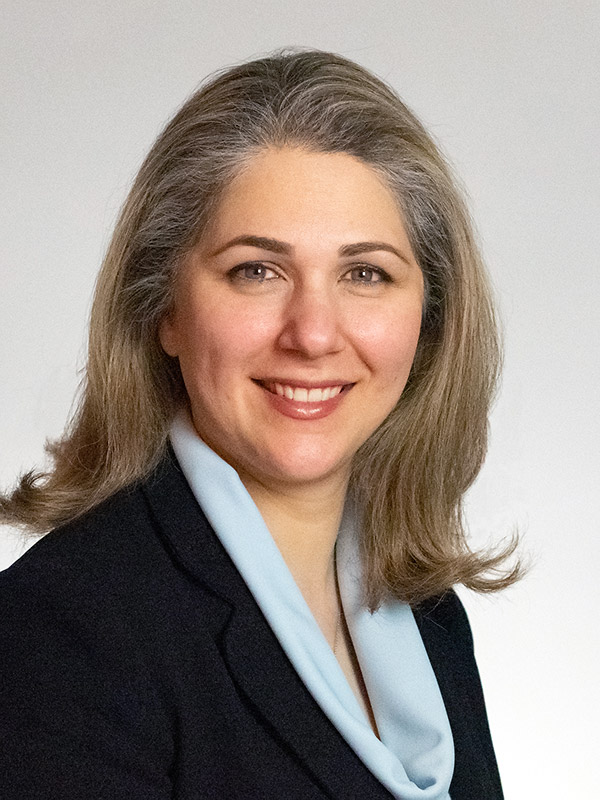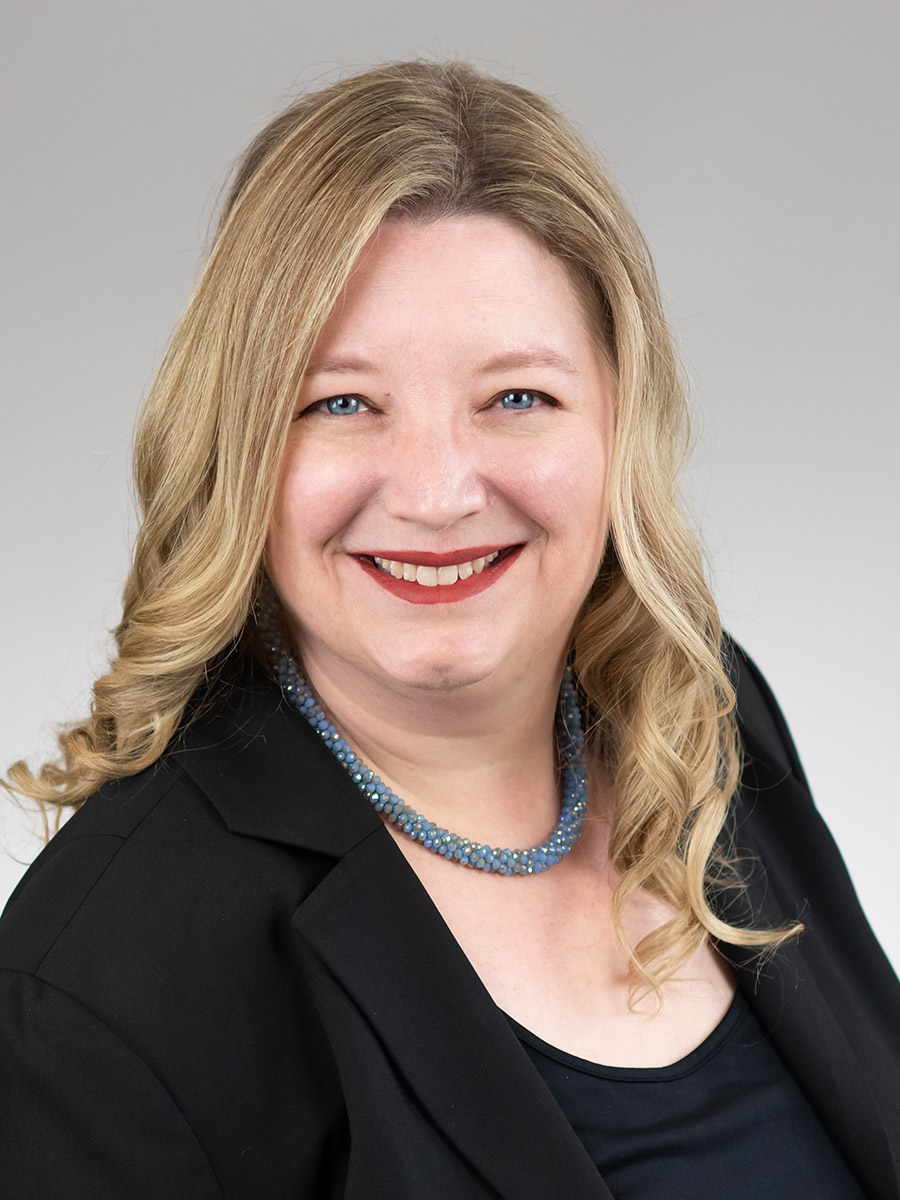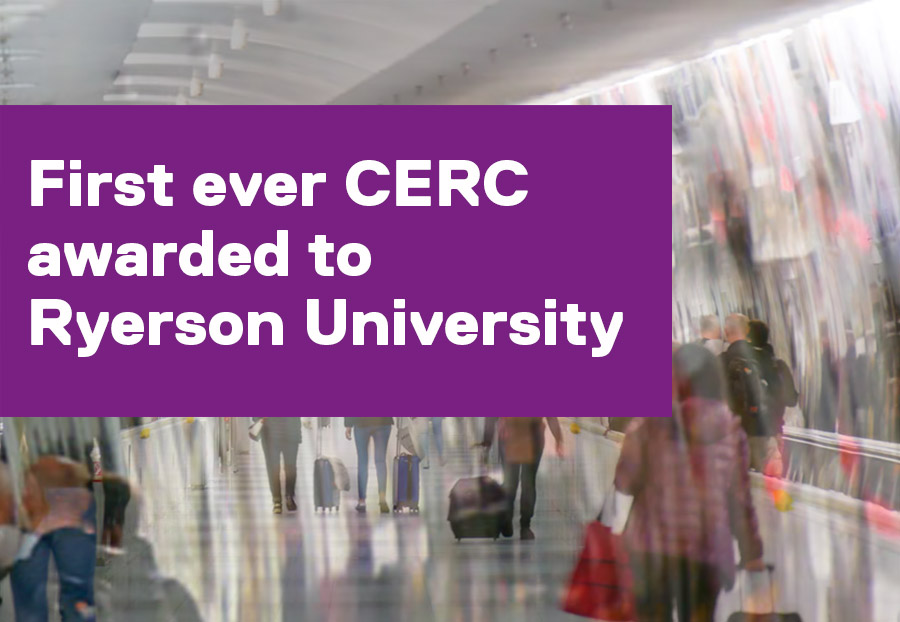Thesis & Supervisor
Thesis
A student’s thesis reports the hypotheses and study results of their research program and exposes the work to scholarly criticism. It represents a single body of work, put together with craftsmanship, with integrated material.
Although students are not required to start writing their thesis until Term 3, they should begin planning their project as soon as they enter the program. MScM core courses expose students to various research methodologies that help refine a student’s research design in order to effectively answer their research questions. Students work closely with their supervisors to ensure the elective courses they take expose them to topics and publications relevant to the area of a student’s research interest.
Once the required coursework is completed (usually by Term 3), students begin to work on their thesis. The methodologies used for data collection will vary from student to student based on their research interests and areas of study, and may include: secondary data analysis, survey research, experiments, simulations or qualitative field studies involving ethnographic techniques.
Oral defense
To prepare for an oral defense in the final term of a student’s studies (Term 4), the supervisor will appoint an examining committee. The examining committee will read the written thesis prior to the defense. The oral defense consists of a presentation by the student of the main contributions and conclusions of the work and a Q&A period.

The master’s thesis requirements are met when:
- A student has passed the oral examination
- A student’s written work receives a passing grade
- A student submits the final copy of the thesis to the program in accordance with YSGPS guidelines

Finding a supervisor
The Master of Science in Management program is thesis-based. When applying to the program, students must provide a statement of interest that outlines a research topic for a thesis and identifies two to three potential supervisors. Finding a supervisory match is a part of the successful application to the MScM program; students who cannot be matched with a supervisor, will not be admitted to the program.
Since the MScM program is thesis-based, we place great emphasis on ensuring strong matches between applicants and potential supervisors before they are admitted to the program. We encourage you to reach out to potential supervisors on your own and let them know that you are interested in working with them.
The easiest way to browse through TRSM faculty and their research interests is via the Faculty Supervisors list. You can sort through faculty members based on their areas of research and visit their individual profiles to learn more about their expertise. Make sure to read recent faculty publications to make sure you are aware of their interests and capabilities.
After finding a supervisor
Once you identify a suitable supervisor, feel free to reach out to them via email. Introduce yourself as an applicant to the MScM program and describe your proposed research topic as well as why you believe the faculty members would make a suitable supervisor. You can do this in conjunction with submitting your application online. If you meet the other admissions criteria, the faculty member you have reached out to may ask to interview you or request that you complete a short assignment. If a faculty member has expressed an interest in working with you, please indicate that you have found the supervisor in your letter of intent or in a quick email to the program.
Once in the program, you will work closely with your supervisor to define your program of study, ensure you take the right elective courses, refine your research question, track your progress in the program, and write and defend your thesis on time. To learn more about working with a supervisor, please visit the YSGPS Supervision and Advising guidelines.
Finding a supervisory match is a part of the successful application to the MScM program.
The Canada Excellence Research Chair (CERC) in Migration and Integration
The Canada Excellence Research Chair (CERC) in Migration and Integration is the first ever CERC awarded to Toronto Metropolitan University, building on the university’s strengths and commitments in the area of immigration and settlement studies.
CERC Migration, led by Professor Anna Triandafyllidou, is producing innovative and usable knowledge on the links between migration and post-migration processes, forced and voluntary mobility, internal and international migration, and the role of countries of origin and transit. The Canada Excellence Research Chair offers stipends to full time MA and PhD students who are studying at Toronto Metropolitan University on a migration and/or migrant integration-related topic.
Funding Amount:
Masters: up to $10,000 (top-ups for students with external funding are available on a case by case basis, up to $5000). Available to first or second year MA students.




